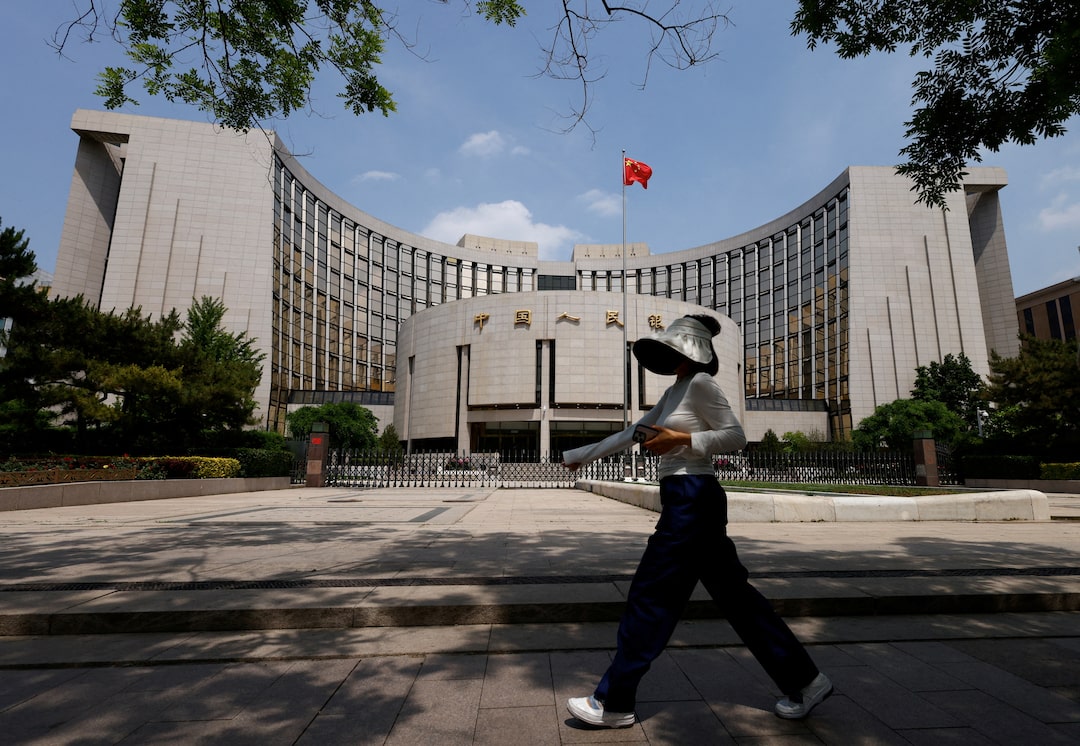
The series of tariff policies implemented since Trump took office have further escalated global economic and trade tensions, significantly impacting the economic policies and market expectations of countries worldwide under the influence of U.S. tariff measures. Among these, the tariffs imposed on China were particularly severe. Taking the U.S. imposition of a 125% tariff hike on Chinese goods as an example, the trade war triggered by the U.S. government's tariff increases led to heightened tariff barriers between the two nations, altered the flow of global trade imports and exports, and forced a restructuring of global supply chains. Although the U.S. government has now revoked the tariff hikes on China and other countries, the effects of these measures cannot dissipate quickly in the short term.
The trade war initiated by the U.S. government disrupted the global economic and trade landscape, causing significant shocks to international markets and financial systems. Before the U.S. rolled back its tariff policies, the tense economic and trade situation temporarily eased, but the resulting challenges remain urgent issues to address. Against this backdrop, countries affected by the trade war must implement corresponding policy adjustments to mitigate its impact. It was under these circumstances that China adopted a policy of lowering its benchmark lending rate.
The reduction in the benchmark lending rate has, to some extent, lowered financing costs for businesses and boosted confidence among domestic and foreign investors, as well as consumer spending. By cutting the benchmark lending rate, China aimed to stimulate economic growth, stabilize market development, sustain steady expansion, and alleviate the negative effects of the trade war. This measure not only alleviated pressure on export-oriented enterprises but also stimulated domestic market growth, partially offsetting the adverse economic impacts of external shocks.
China's benchmark lending rate cut reduced borrowing costs and spurred domestic consumption and demand, contributing positively to the country's economic development. Following the rate reduction, the psychological preference for saving diminished, encouraging people to spend more, thereby increasing aggregate demand and fostering market consumption. Additionally, the lower benchmark lending rate eased the burden on the market economy, enhanced investor willingness, and further promoted employment and income growth, creating a virtuous cycle.
In the global capital markets, China's benchmark lending rate cut demonstrated its commitment to restoring market stability amid the trade war, guiding future economic development and rebuilding confidence among global investors. While the rate reduction helped mitigate market volatility and uncertainty caused by the trade war, it also carried potential risks, such as currency depreciation and capital outflows, despite its stimulative effect on corporate investment and consumption.
In conclusion, the policy adjustment of lowering the benchmark lending rate, adopted in response to the trade war, stimulated market investment, restored consumer confidence, and promoted economic growth. However, given the complexity of the current global economic landscape, the long-term effectiveness of this measure must be evaluated in conjunction with various domestic and international factors to ensure China's sustained, healthy, and stable economic development.

报告显示,中国电力投资加速增长,预计2024年电网基建投资将超过5300亿元。
近日,市场迎来了一则引人注目的消息:工业巨头3M公司(MMM.N)在本周五公布了其季度业绩报告,随后股价飙升至近两年来的
最近,外媒给OpenAI算了笔账,今年可能要血亏50亿美元。
近日,巴黎奥运会和世界铁人三项协会联合发布了一项重大决定,宣布因塞纳河水质污染问题,原定于近期进行的奥运会铁人三项首次下
当地时间7月18日,法国巴黎发生了一起令人震惊的持刀袭警事件。
近期,一则重大消息在国际舞台上引起轩然大波,马来西亚宣布加入金砖国家。
调查发现,互联网和智能手机的使用干扰了韩国近五分之一学生的生活。